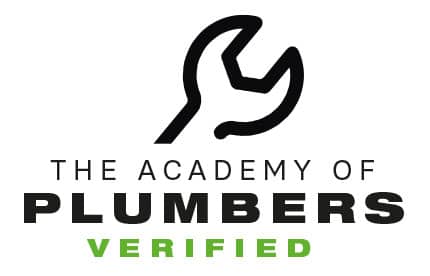Content
Annual/biennial appropriated budget – A fixed budget adopted for the government’s fiscal period. The appropriated budget was traditionally used to determine a government’s property tax levy, and a ceiling on expenditures was made absolute so that the expenditures of a government unit would not exceed its revenues. This budget was also historically a balanced budget, estimated revenues equaling appropriations. The appropriated budget is still used to set tax levies and some budget statutes still require balanced budgets, but it is more generally used to authorize a specific amount of expenditures regardless of whether estimated resources meet or exceed that amount. Appropriated budgets are required by statute in cities (Chapter 35.32A RCW, Chapter 35.33 RCW and Chapter 35A.33 RCW), counties (Chapter 36.40 RCW), and most other local governments in Washington State.
This section details the procedure for the transfer of an asset between account assignments as a result of internal sale or internal donation. (i.e. between FI balancing elements fund, grant, business area, segment). Execute transaction code ABMA to enter data and record Accumulated Depreciation Adjustment. This is the procedure for manual Recording of Accumulated Depreciation.
Century 21 Accounting: General Journal
The requirement to offset interest earned on borrowed funds against current allowable interest cost (paragraph , above) also applies to earnings on debt service reserve funds. Medical liability insurance is an allowable cost of Federal research programs only to the extent that the Federal research programs involve human subjects or training of participants in research techniques. Medical liability insurance costs must be treated as a direct cost and must be assigned to individual projects based on the manner in which the insurer allocates the risk to the population covered by the insurance. Costs of insurance with respect to any costs incurred to correct defects in the non-Federal entity’s materials or workmanship are unallowable. Gains and losses on the sale, retirement, or other disposition of depreciable property must be included in the year in which they occur as credits or charges to the asset cost grouping in which the property was included. The amount of the gain or loss to be included as a credit or charge to the appropriate asset cost grouping is the difference between the amount realized on the property and the undepreciated basis of the property.
If one party misrepresented themselves when entering a contract and the other party did not know, the contract can be void. Mistakes of fact can also be a factor in causing a contract to be voided. If both parties or one party made an actual mistake as to something in the contract such as price, the contract can be voided. An example of this may be John’s agreement to install kitchen cabinets in Sarah’s house; The contract was written up and signed and later found to have the price listed at $50 instead of $5000. The contract could most likely be held to be void in that case.
Asset History Sheet
Non-faculty full-time professional personnel may also earn “extra service pay” in accordance with the non-Federal entity’s written policy and consistent with paragraph of this section. Charges for teaching activities performed by faculty members on Federal awards during periods not included in IBS period will be based on the normal written policy of the IHE governing compensation to faculty members for teaching assignments during such periods. Except as specified for teaching activity in paragraph of this section, charges for work performed by faculty members on Federal awards during periods not included in the base salary period will be at a rate not in excess of the IBS.
The Federal awarding agency may exercise this option when statutory authority exists. Absent statutory authority and specific terms and conditions of the Federal award, title to exempt property acquired under the Federal award remains with the Federal Government. The amount paid to the Federal awarding agency will be computed by applying the Federal awarding agency’s percentage of participation in the cost of the original purchase to the fair market value of the property. However, in those situations where the non-Federal entity is disposing of real property acquired or improved with a Federal award and acquiring replacement real property under the same Federal award, the net proceeds from the disposition may be used as an offset to the cost of the replacement property. Subject to the requirements and conditions set forth in this section, title to real property acquired or improved under a Federal award will vest upon acquisition in the non-Federal entity. A revision is desired which involves specific costs for which prior written approval requirements may be imposed consistent with applicable OMB cost principles listed in subpart E.
Impairment of the Asset in Asset Accounting Module
D. Carlton’s income statement will only have to be revised to include the earnings-per-share data if Carlton’s net income for the past two years is greater than $5mn. https://www.newsbreak.com/@cnn-edits-1668599/3002242453910-cash-flow-management-rules-in-the-construction-industry-best-practices-to-keep-your-business-afloat B. Carlton’s income statement will have to be revised to include the earnings-per-share data. A. No changes will have to be made to Carlton ‘s income statement.
To provide for continuity of cognizance, the determination of the predominant amount of direct funding must be based upon direct Federal awards expended in the non-Federal entity’s fiscal years ending in 2019, and every fifth year thereafter. Except for the provisions for biennial audits provided in paragraphs and of this section, audits required by this part must be performed annually. Any biennial audit must cover both years within the biennial period. A Federal agency that conducts or arranges for additional audits must, consistent with other applicable Federal statutes and regulations, arrange for funding the full cost of such additional audits. Medicare payments to a non-Federal entity for providing patient care services to Medicare-eligible individuals are not considered Federal awards expended under this part.





